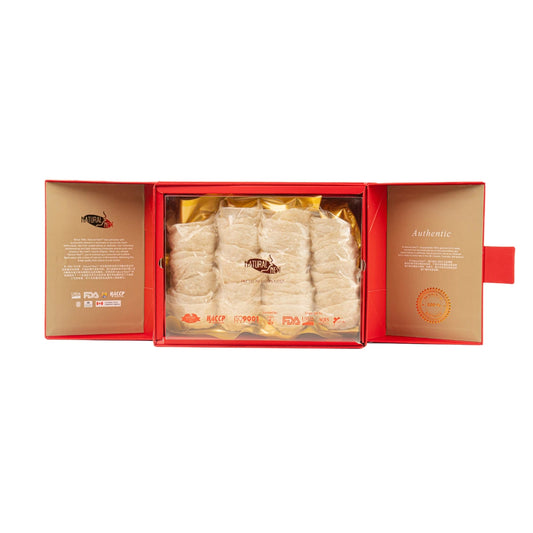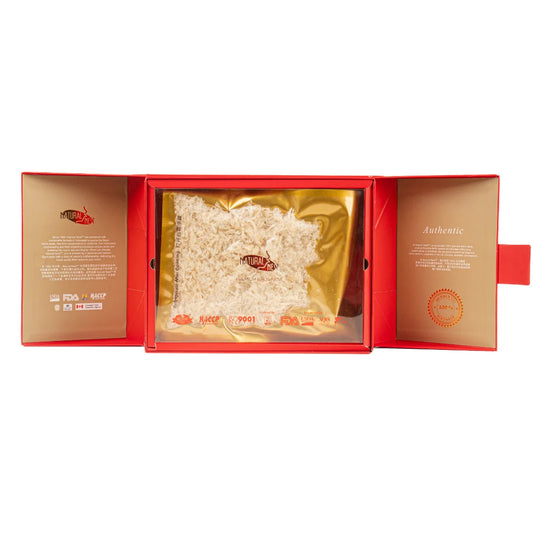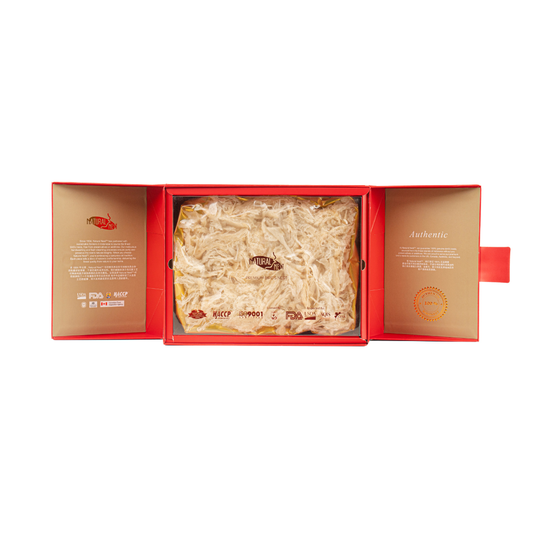Bird's Nest Soup, a revered delicacy in many parts of Asia, has been cherished for centuries for its luxurious status and purported health benefits. Made from the edible nests of cave-dwelling swiftlets, this unique dish carries an air of exclusivity and mystery. But is it really a luxury item, or is it a deeply rooted tradition with modern twists? In this article, we will debunk common myths surrounding Bird’s Nest Soup and explore its evolving significance in today’s world.
The Price Tag: Why So Expensive?
One of the first things that comes to mind when thinking of Bird's Nest Soup is its high cost. Prices for quality nests can range from hundreds to thousands of dollars per kilogram, depending on the type and quality of the nest. The primary reason for its high price is the labor-intensive process of harvesting. Swiftlets build their nests out of saliva, which hardens into a gel-like substance. These nests are collected from cave walls, often high up and in difficult-to-reach locations. The harvesting process requires significant time and effort, sometimes at the expense of the birds' safety. This rarity and the delicate nature of the nests contribute to their steep price.
However, the idea that Bird’s Nest Soup is a purely “luxury” item can be misleading. While it is indeed expensive, its price historically stems from its symbolic importance rather than its actual value. In Chinese culture, for instance, the dish is often associated with status, health, and prosperity. It has long been served at weddings, banquets, and other special occasions as a symbol of wealth and good fortune.
Debunking the Health Myths
Bird's Nest Soup has been touted as a powerful tonic with numerous health benefits, from enhancing skin elasticity to boosting immunity and even improving cognitive function. Many people believe that the nest’s high content of collagen, proteins, and amino acids can promote anti-aging effects and overall vitality. While some scientific studies have suggested that bird’s nests contain beneficial compounds, such as glycoproteins, the extent of their health benefits is still widely debated.
It is important to differentiate between traditional beliefs and scientifically supported claims. While consuming Bird’s Nest Soup may offer some nutritional value—such as a good source of protein and amino acids—its miraculous health effects are largely unproven by rigorous clinical research. Thus, while the soup can be a nutritious addition to one’s diet, expecting it to be a cure-all for ailments may be an overstatement.
Cultural Significance vs. Modern Trends
In traditional Chinese medicine, Bird's Nest Soup has been consumed for centuries for its restorative properties. It was once seen as a rare treat reserved for royalty and the elite. Today, however, it has become more accessible to the general public, and its consumption is no longer limited to special occasions. It is now enjoyed by people from various walks of life who believe in its wellness benefits.
At the same time, the younger generation is beginning to question the value of such expensive dishes, especially in the context of ethical concerns about sustainability and animal welfare. This shift in perspective is leading to a growing trend of plant-based or synthetic alternatives to traditional Bird’s Nest Soup. These substitutes offer a similar texture and nutritional profile without relying on the harvest of real bird nests.
Ethical Concerns and Sustainability
The harvesting of bird nests has raised significant ethical concerns in recent years. Unsustainable practices, such as removing nests from swiftlets before they are fully formed or harming the birds during the process, have drawn criticism from animal rights groups. In response, some companies are adopting more ethical methods of harvesting, such as ensuring the nests are collected without disturbing the birds or their habitats. Others are turning to synthetic alternatives, including lab-grown bird’s nests, to meet consumer demand without harming wildlife.
Conclusion: A Tradition Reimagined
Bird's Nest Soup, while once purely a luxury reserved for the elite, has become a staple in many modern households. While its health benefits and cultural significance remain undeniable, today’s consumers are increasingly mindful of its environmental and ethical implications. As the demand for sustainability grows, it’s likely that Bird’s Nest Soup will continue to evolve—adapting to modern sensibilities without losing the rich traditions that have made it so special.
Ultimately, whether you view Bird’s Nest Soup as a luxury or a time-honored tradition, one thing is clear: it is a dish that has stood the test of time, and its place in the culinary world is as complex and multifaceted as the nests themselves.












